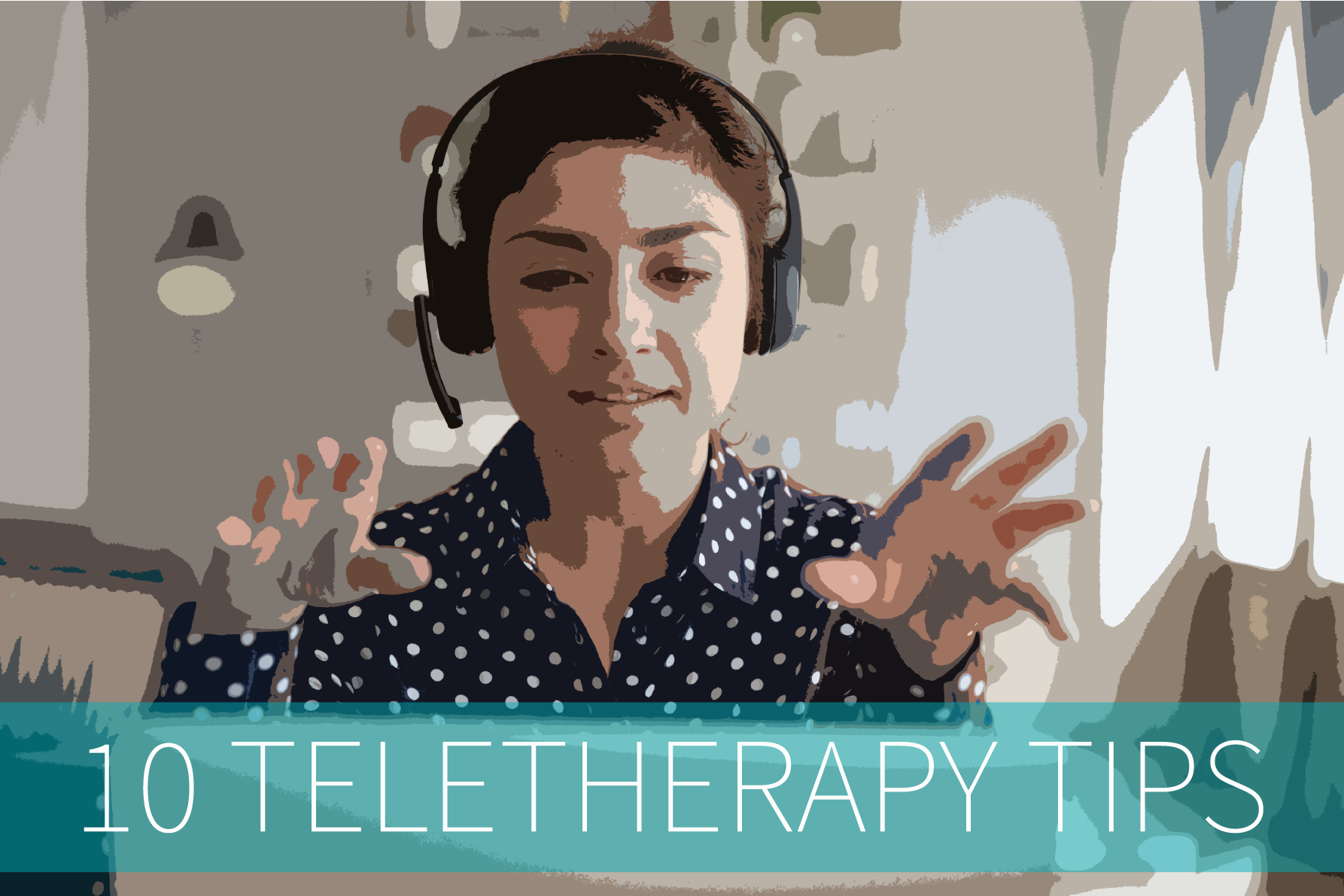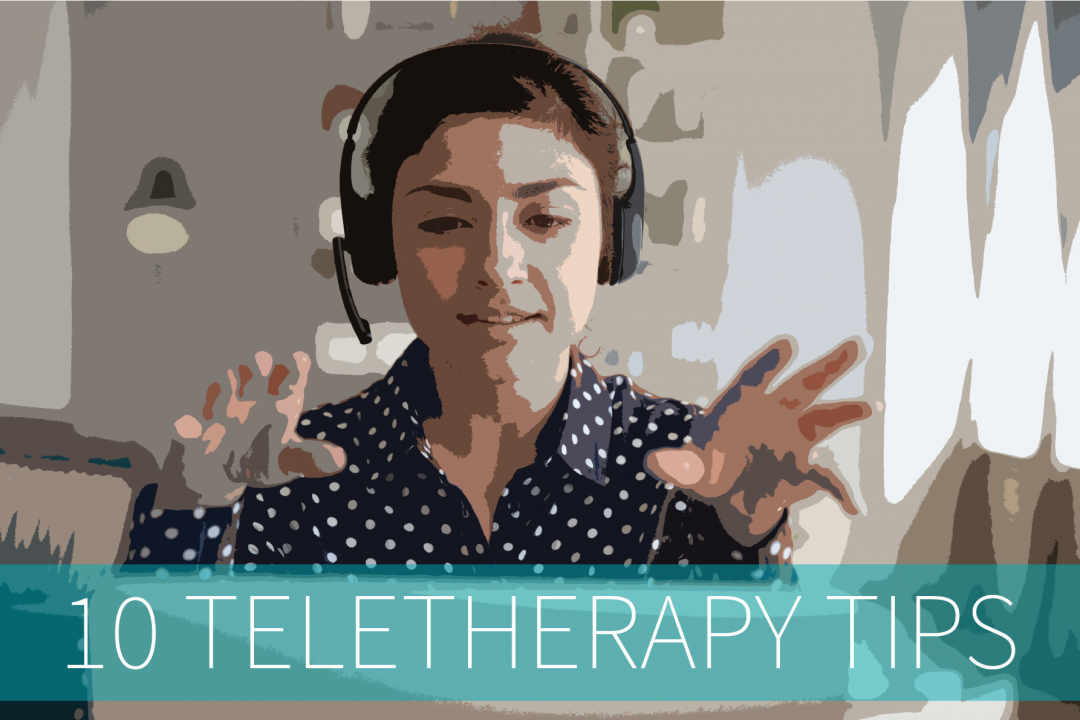Are you feeling anxious about your upcoming online therapy appointment?
Get tips on how to make the most of your online therapy sessions.
In today’s fast-paced digital world, mental health care is evolving rapidly to meet the needs of an increasingly connected population. The rise of online therapy, also known as teletherapy or virtual counseling, is one of the most significant shifts in the mental health landscape. With more people seeking convenient and accessible mental health support, online therapy has emerged as a vital resource, breaking down traditional barriers such as geographical location and time constraints.
According to recent studies, the global teletherapy market is expected to grow by nearly 25% annually, highlighting its popularity and effectiveness. This surge in demand can be attributed to the flexibility and accessibility that virtual therapy offers. Whether you’re managing a busy schedule, living in a remote area, or simply prefer the comfort of your own home, online therapy makes it easier to connect with licensed professionals who can help guide you on your mental health journey.
However, despite its many benefits, online therapy can feel a bit daunting for those accustomed to in-person sessions. The shift from a traditional therapy setting to a digital platform requires both therapists and clients to adapt.
Depending on your therapist’s comfort level with technology, it can vary how much technology integration they use to manage their therapy practice as a whole. For many professionals, they have come to rely on various HIPAA compliant internet-based practice management tools to streamline the business of therapy including online appointments, intake forms, video sessions, as well as collect payment or create super-bills for insurance reimbursement.
To help ease this transition and ensure you get the most out of your teletherapy sessions, we’ve compiled a list of essential tips that will empower you to fully embrace the potential of virtual counseling.
10 tips to help you make the most of your online therapy session.
1. Choose a Quiet and Private Space: Find a peaceful, private space where you won’t be interrupted during your session. This ensures confidentiality and allows you to focus on your therapy without distractions.
2. Test Your Tech Beforehand: Ensure that your internet connection, device, and any required apps or software are working correctly. A stable connection is crucial for a seamless session.
3. Use a Quality Webcam and Microphone: Invest in a good-quality webcam and microphone to enhance the visual and audio quality of your session. This will make communication with your therapist smoother.
4. Maintain Eye Contact: Just as in face-to-face therapy, maintaining eye contact is essential for effective communication. Look into the camera when speaking, rather than at your therapist’s image on the screen.
5. Be Punctual: Treat online therapy sessions with the same level of commitment as in-person sessions. Be on time and ready to engage in the therapeutic process.
6. Minimize Distractions: Turn off notifications, close unnecessary tabs, and silence your phone to minimize distractions. The more focused you are, the more you can gain from your session.
7. Practice Self-Care Before and After: Take a few moments before and after your session to center yourself. Deep breathing, mindfulness, or journaling can help you prepare for and process the session effectively.
8. Communicate Openly: Be open and honest with your therapist about your feelings, concerns, and progress. Teletherapy relies heavily on clear communication, so don’t hesitate to express yourself.
9. Embrace New Tools: Many therapists use online tools like secure messaging, worksheets, and shared documents to enhance the therapeutic process. Embrace these tools and actively engage with them.
10. Reflect and Apply: After your session, take time to reflect on what you’ve discussed and the insights gained. Try to apply what you’ve learned to your daily life and coping strategies.
Online therapy has become a valuable resource for individuals seeking mental health support. By following the top 10 tips mentioned above and familiarizing yourself with the common technologies used by mental health professionals, you can make the most out of your teletherapy sessions. Remember, therapy is a collaborative process, and your active participation and commitment play a vital role in its success.
FIND AN ONLINE THERAPIST that’s right for you. Search therapytribe – online therapist directory.



